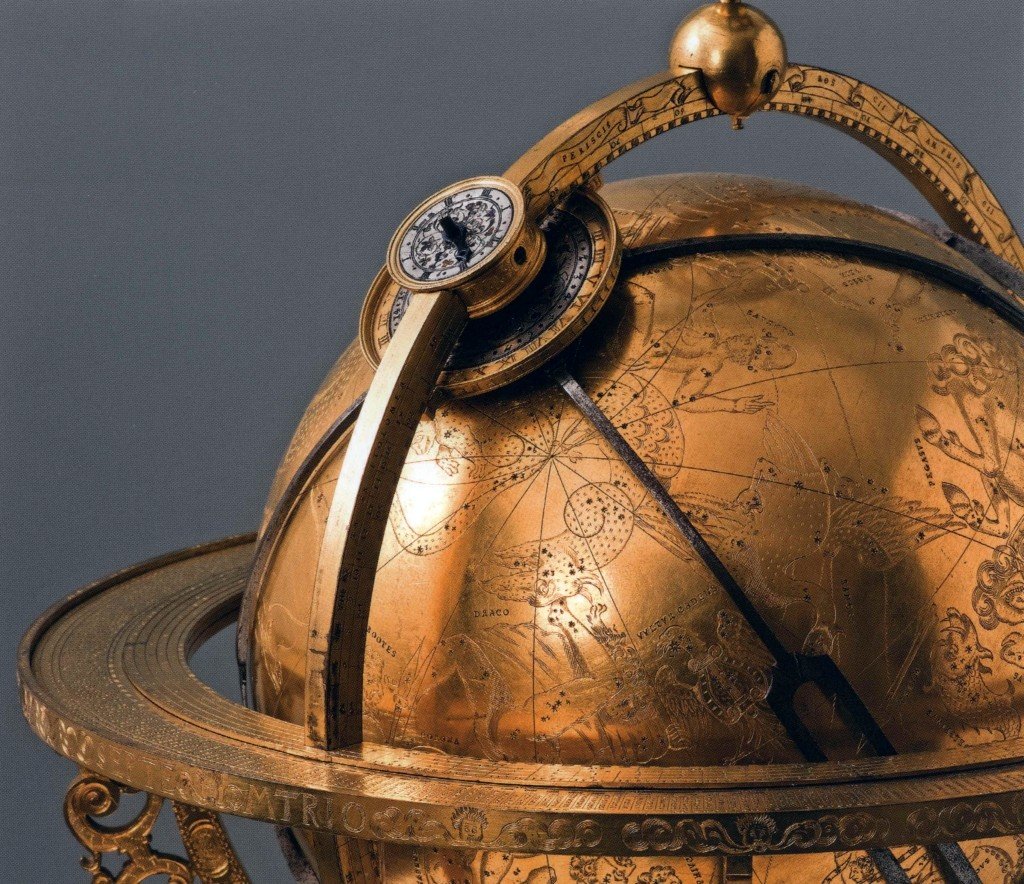According to a recent study conducted by scientists at Boston College, early “math” skills predict subsequent school results (and even income in adulthood) better than early “reading” skills. Children who were trained to label quantities and small sets of items got better results on preschool math tests and achieved better in addition and subtraction than their peers who were not supported in the same way by their parents.
“Many young children can count from 1 to 10 without understanding the meaning of the numbers they’re counting,” says Beth Casey, a professor at the Lynch School of Education at Boston College, and the leader of this research. Casey explained that it is especially important, at around age three, to train children to count small groups of objects (like two apples, three cups, or a bouquet of flowers), and then to ask them how many fruits, cups or flowers there are in total. This kind of understanding is a good foundation towards the understanding of more complex number concepts.

Picture: Mathematics-Physics Salon – Globusuhr (Wikipedia)

